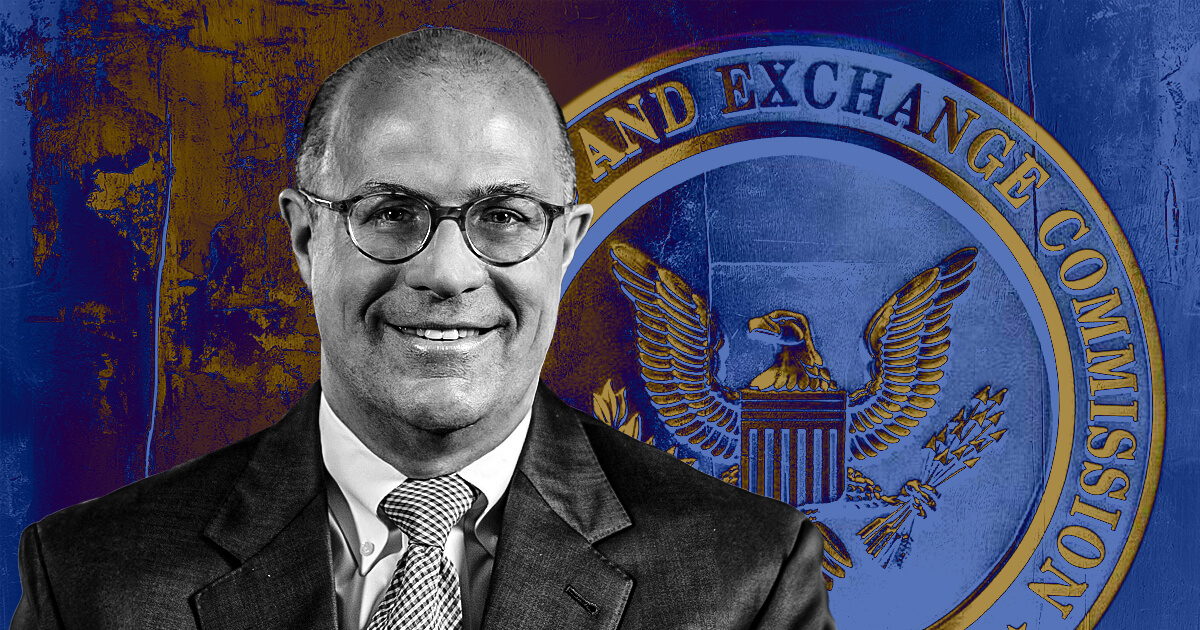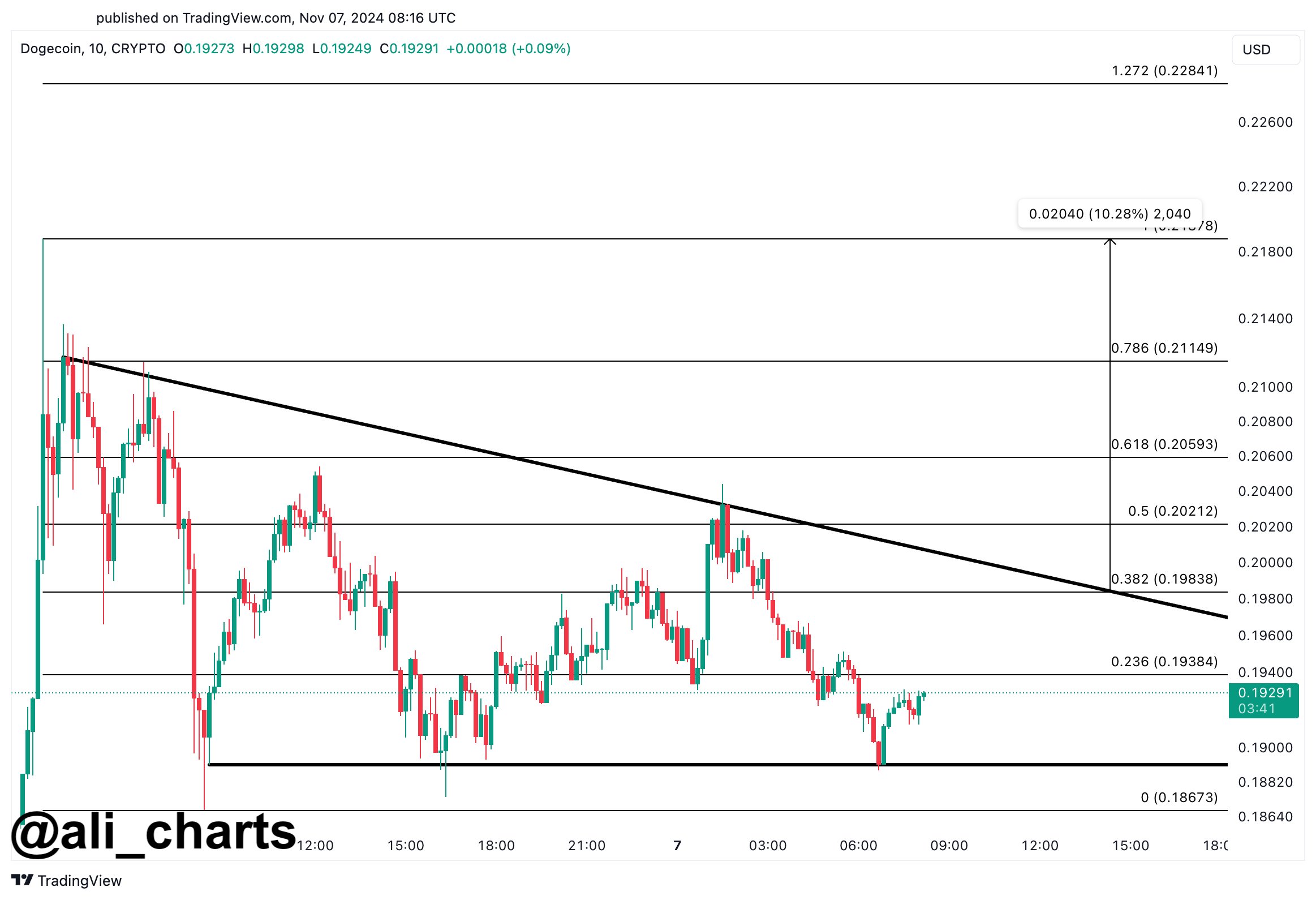On Thursday, May 16, the U.S. Senate approved legislation H.J.Res. 109, effectively nullifying the SEC’s Staff Accounting Bulletin (SAB) No. 121. This bulletin sought to restrict highly regulated financial institutions from holding Bitcoin and other cryptocurrencies in custody. The bill garnered bipartisan support, passing with a 60 to 38 vote, signaling a significant consensus among lawmakers.
Stuart Alderoty, Ripple’s Chief Legal Officer (CLO), praised the decision, describing it as a significant triumph against what he called the “unauthorized overreach” by SEC Chair Gary Gensler.
SAB 121 aimed to guide how companies should report crypto assets, mandating that these assets be included on their balance sheets. However, critics claimed that this directive would discourage major custodians and other firms from holding cryptocurrencies for their clients.
Industry and Political Reactions
Alderoty emphasized the significance of bipartisan backing in shaping legislation that impacts the cryptocurrency sector. The recent Senate vote highlights an increasing agreement among U.S. lawmakers regarding a balanced regulatory framework for digital assets.
Apart from Stuart Alderoty, key figures such as MicroStrategy co-founder Michael Saylor have praised the Senate’s decision, emphasizing the importance of safeguarding the rights of cryptocurrency holders.
SEC Commissioner Hester Peirce, known as “Crypto Mom” for her favorable stance on digital assets, has criticized the SEC’s inconsistent approach to regulating custodial services for cryptocurrencies. Peirce’s critique aligns with the industry’s view that the SEC’s actions reflect a scattergun approach to crypto regulation, which could impede innovation and sector growth.
Senator Cynthia Lummis, a staunch advocate for Bitcoin, joined the chorus urging the Senate to support the reversal of SAB 121. In a passionate plea, she denounced the rule, labeling it a deceptive maneuver within the Administrative Procedure Act. Lummis underscored that the SEC staff pushed through SAB 121 without receiving majority approval from the commission.
On the other hand, Bitcoin critique senator Elizabeth Warren made a compelling case for caution, urging her Senate colleagues to vote against the measure. She emphasized the unique nature of digital assets, highlighting that, unlike traditional assets, they exist solely online. Warren pointed out that this digital nature makes them susceptible to cyberattacks, citing recent breaches at major crypto exchanges like Binance and FTX as examples.
Uncertainty Looms Over Resolution
Even after securing Senate approval, the outlook for H.J.Res. 109 is precarious due to the looming threat of a presidential veto. President Biden’s potential veto, as promised last week, could thwart the resolution’s progress, leaving the current custody framework for digital assets by financial institutions intact. Biden faces a decision to either sign the bill into law, veto it, or take no action, which would lead to the bill becoming law without his signature.
Eleanor Terrett, a correspondent for Fox Business, offered her perspective on the Senate’s move, noting, “The Senate has voted to overturn SAB 121 which, as we all know, means this now heads to the President who said last week he plans to veto it. If so, then it’s back to square one with the House & Senate which would need a 2/3 majority vote in both chambers to override the veto.”
The House of Representatives approved the resolution last week, with 55% of votes in favor. The Senate vote on Thursday showed a more decisive split, with 60% in favor and 38% against. All Republicans voted in favor, joined by 11 Democrats.
Credit: Source link















































